Research Essentials
-
Networking Hacks
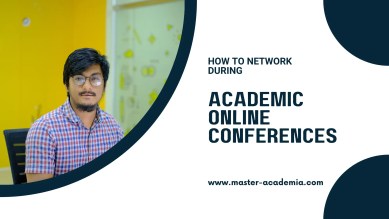
How to network during an online academic conference
Academic conferences are increasingly held online or in a hybrid format. How to network during online academic conferences? Find out more about virtual networking ideas and strategies during academic online conferences. Contents Why online academic conferences are (partly) here to stay#1 Create a full conference participant profile#2 Actively participate in online conference sessions#3 Reach out to interesting speakers after their online presentation#4 Invite people to connect with you during your ow presentation#5 Participate in online…
Read More » -
Networking Hacks

Strong academic networks through shared activities
Strong relationships with other academics can greatly influence one’s career trajectory. While networking is important, many networking activities only result in superficial connections. Through shared activities, however, meaningful connections can be formed. Shared activities are key to establishing strong academic networks. Contents The importance of networking in academiaNetworking challenges for PhD studentsOvercoming networking challenges through shared activitiesWhy shared activities create stronger academic networksExamples of shared activities in academiaOrganising a shared activity as a PhD student…
Read More » -
Networking Hacks
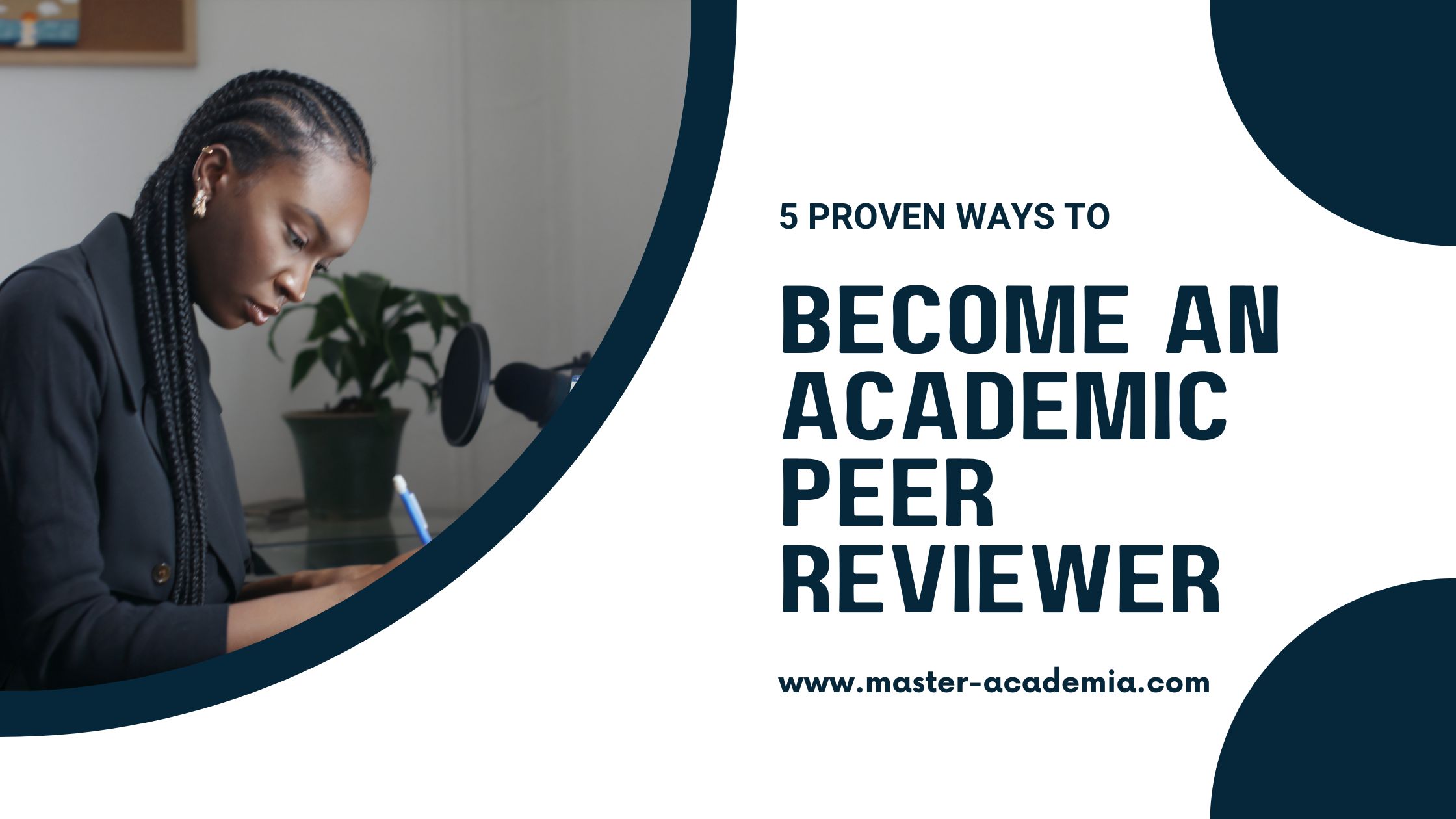
5 proven ways to become an academic peer reviewer
Peer reviewing academic work comes with many benefits, including staying up-to-date on the latest research, adding to your academic CV, and developing critical thinking skills. There are several ways to become a peer reviewer, including publishing your own research, networking, asking for help from supervisors, receiving referrals, and reaching out to editors. Contents The benefits of peer reviewing academic work#1 Become a peer reviewer by publishing your own research#2 Become a peer reviewer by networking#3…
Read More » -
Networking Hacks

How to thrive in academia as an extrovert
Many extroverts wonder if academia is a fitting work environment for them. Extroverts have the ability to thrive in academia while remaining true to their natural tendencies. Discover more about the benefits and challenges of being an extrovert in academia, and explore practical strategies to excel in this field while embracing your extroverted nature. Contents Is a research career viable for extroverts?Advantages of extroverts in academiaChallenges of extroverts in academiaStrategies for extroverts to thrive in…
Read More » -
Networking Hacks
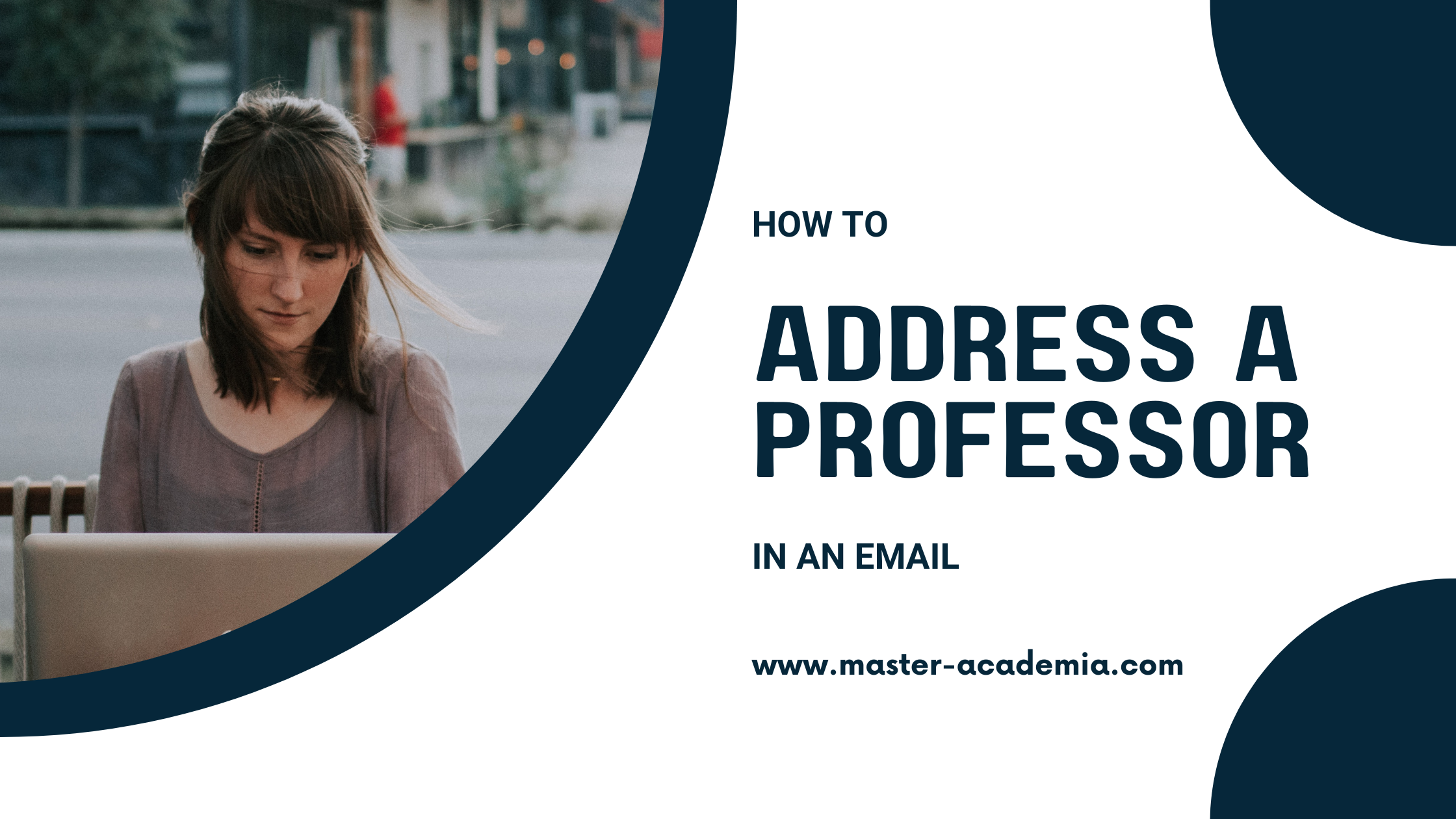
How to address a professor in an email
When writing an email to a professor, it is important to consider the context and the proper way to address them. This can vary depending on the country, the university, and the rank of the professor. When you are unsure about the norms in your context, is always best to choose between the most formal options of “Dear Professor” and “Dear Dr.”. Learn more. Disclaimer: This post may contain affiliate links, which means I may…
Read More » -
Networking Hacks
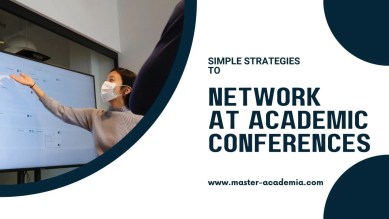
Simple strategies to network at academic conferences
Networking at academic conferences can feel overwhelming. However, when you follow six simple strategies, networking at academic conferences is not as difficult as it may seem. Contents #1 Networking by preparing a good conference presentation#2 Networking by connecting with other conference session or track presenters#3 Networking by joining the conference’s early career activities#4 Networking by connecting with your academic ‘heroes’ during academic conferences#5 Networking by attending the conference dinner#6 Networking by post-conference networking #1 Networking…
Read More » -
Academic Skills
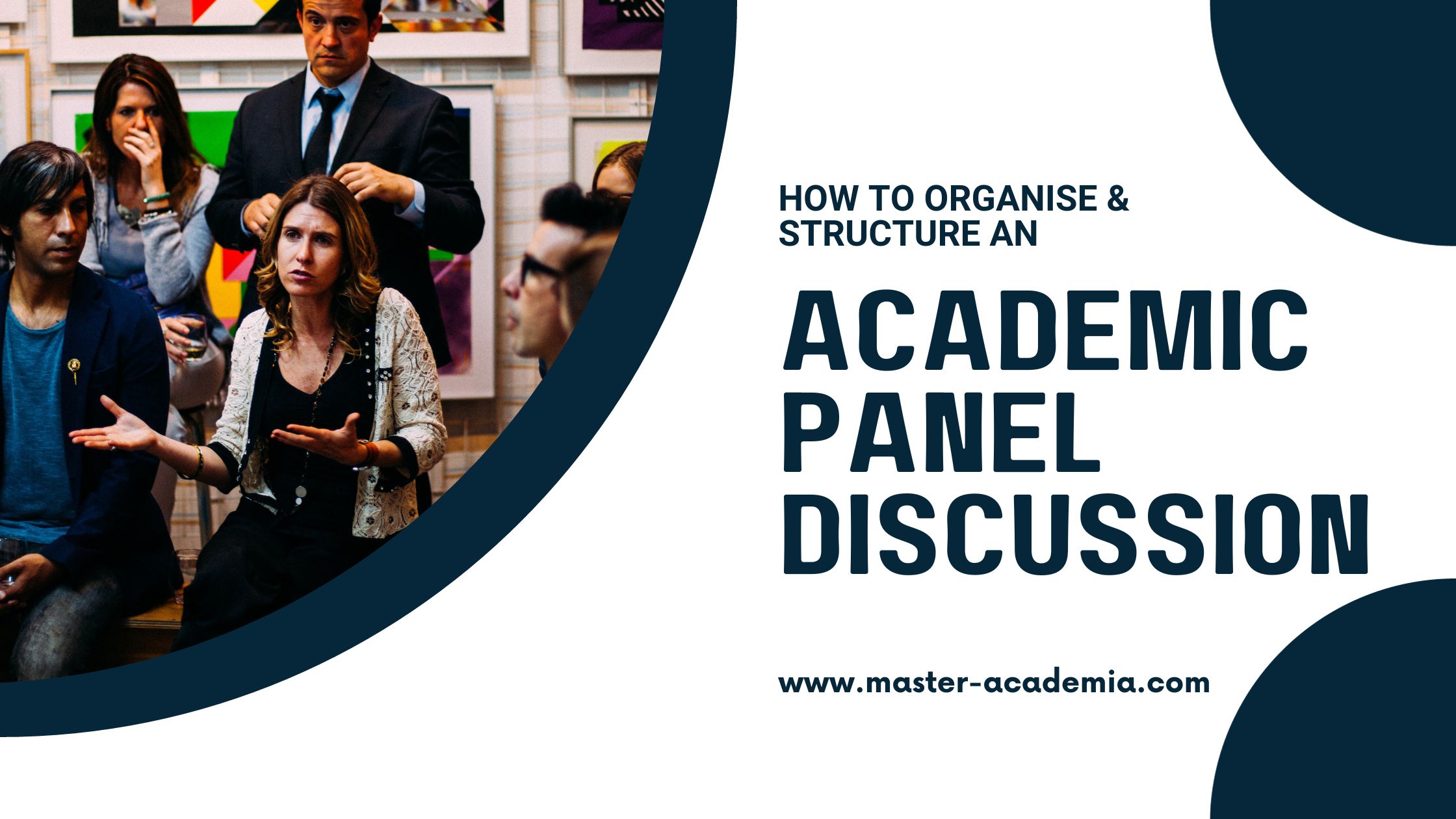
How to organize and structure academic panel discussions
Panel discussions often appear intimidating, as high-profile events featuring expert discussions at academic conferences. But what precisely are panel discussions, what different types exist, and how can you embark on organizing one yourself? Here is your ultimate guide to understanding, organizing and structuring academic panel discussions, including four example structures and a step-by-step plan to help you get started. Contents What constitutes a panel discussion at an academic conference?Understanding different types of academic panel discussionsHow…
Read More » -
Networking Hacks
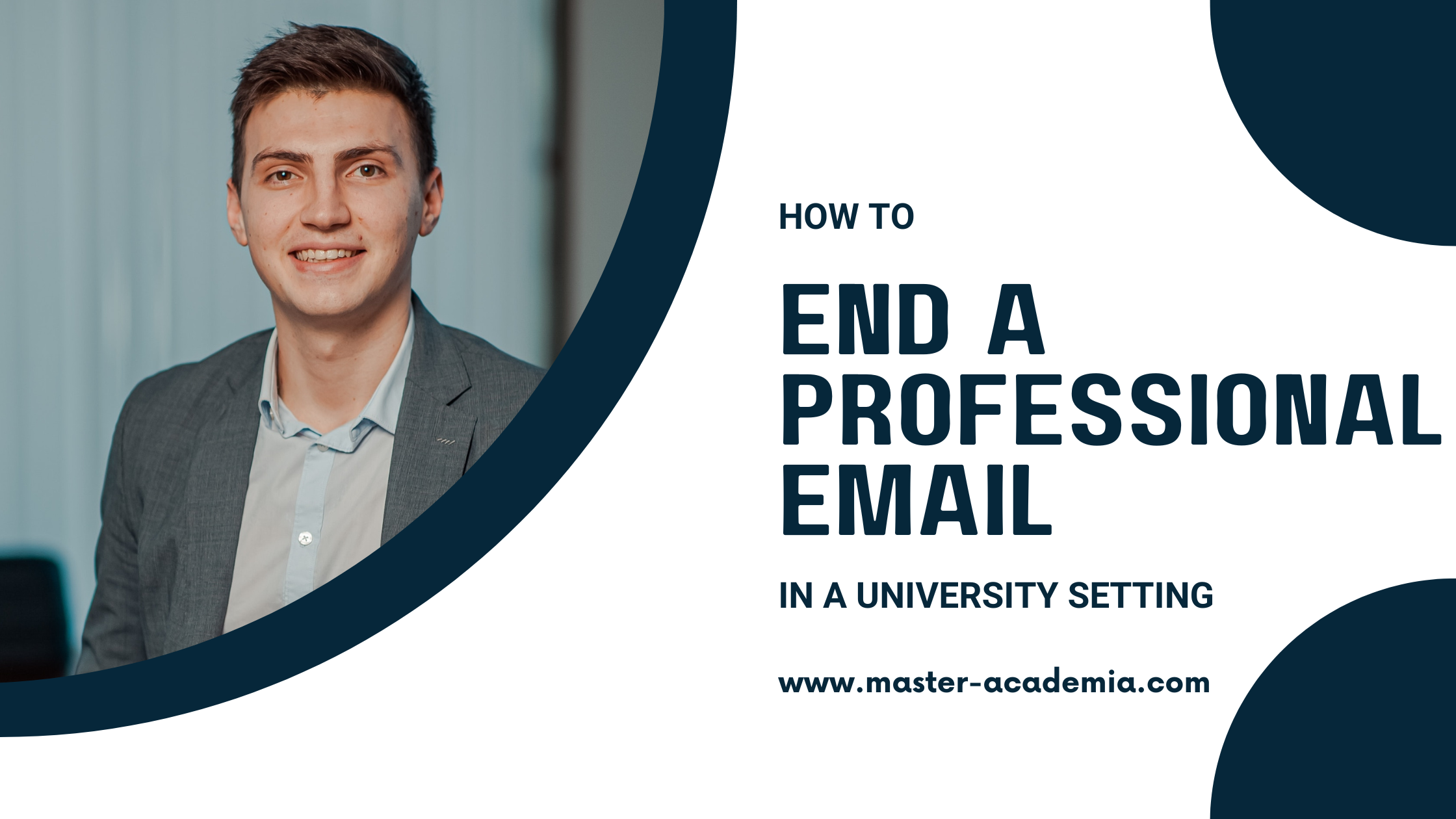
How to end a professional email in a university setting
Whether you write an email to your professor, lecturer, lab supervisor, or colleague, knowing how to end a professional email in a university setting is a must. Why? Because it is a crucial part of the academic emailing etiquette. To assist you in your communication via email, here is a compilation of professional email endings, effective sign-offs and email signatures in academic settings. Disclaimer: This post may contain affiliate links, which means I may earn…
Read More » -
Networking Hacks

Why PhD students should have an ORCID ID
An ORCID ID is a personal identifier that tracks a scholar’s work and publications. It is free to register an ORCID ID and shows up next to your name in most journal publications. PhD students should ideally get an ORCID ID before their first publication. Contents What is an ORCID IDHow to set up an ORCID IDAdding publications to your ORCID profileWhy you should get an ORCID IDWhen to get an ORCID ID What is…
Read More » -
Networking Hacks

5 proven ways to find co-authors to collaborate with
Co-authorship can be an efficient (and fun!) way to work on research publications. However, finding a suitable co-author is not always easy. Here are five proven ways to find co-authors to help you get started with your search for academic collaborators. Contents 1. Finding co-authors in your department or lab2. Finding co-authors at conferences3. Finding co-authors through cold-emailing4. Finding co-authors through common connections5. Finding co-authors via #AcademicTwitter 1. Finding co-authors in your department or lab…
Read More »